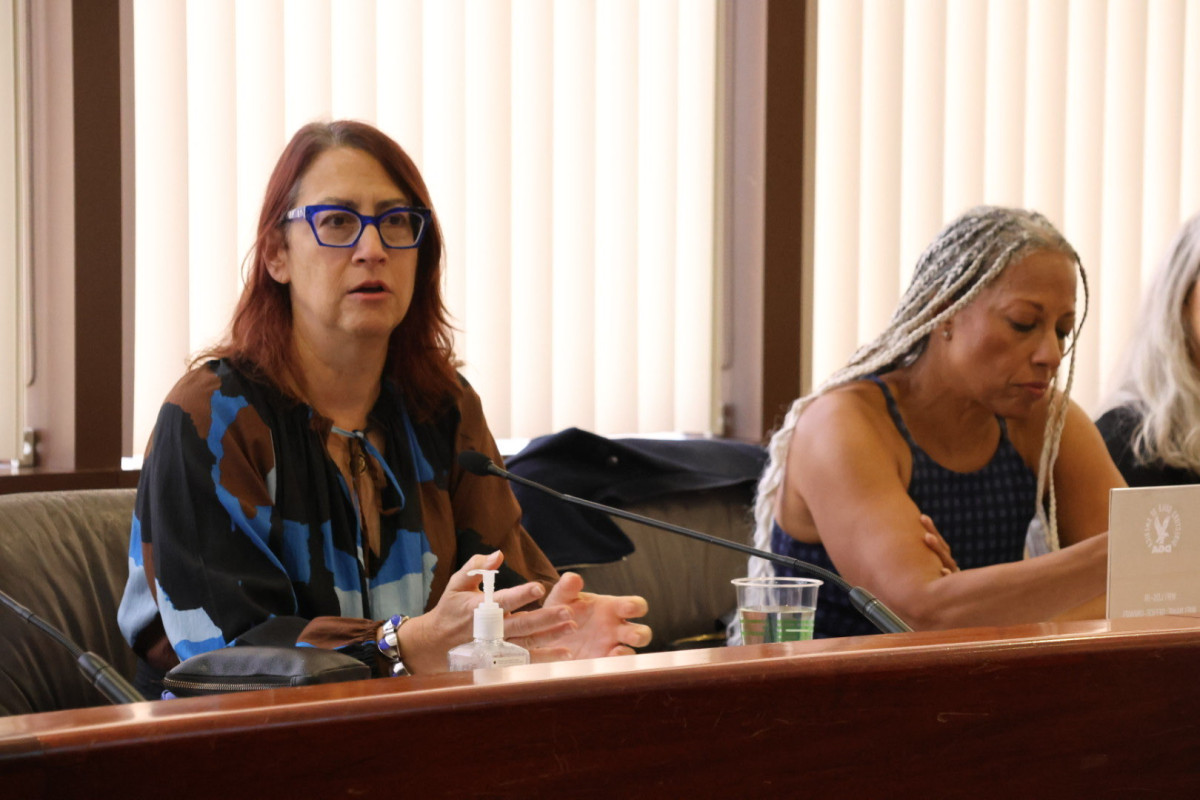Beverly Press Park Labrea News: Hollywood reacts to Trump's tariff 'on an and all' foreign films

On Sept. 29, President Donald Trump wrote in a post that he would immediately impose a 100% tariff on movies produced outside the United States.
Trump, claimed that the industry was “DYING a very fast death.” He pointed out incentives that were being offered by other countries to produce content, surmised that it was a concerted effort by foreign nations and “a National Security threat.”
“It is, in addition to everything else, messaging and propaganda,” he continued, then announcing that he was authorizing the Department of Commerce and the U.S. Trade Representative to institute the tariff “on any and all” movies that come from what he called “Foreign Lands.”
There was little additional information provided after the announcement. While some American films are produced, in part, in other countries, there have been efforts by the state of California – and particularly Los Angeles County, in which the headquarters of all major U.S. film studios are located – to bring production back to the studio lots. This summer, the state legislature passed a $750 million tax credit, encompassing a wide range of film and television projects. So far, the incentives have seemed to lead to an uptick in production within Los Angeles, with the California Film Commission reporting in August a 400% spike in tax credit applications.
Gov. Gavin Newsom, who proposed the tax credit, is opposed to the tariff, and said in a statement, “The Governor tried to explain this to Trump months ago – when this was initially proposed – that his actions will cause irreparable damage to the U.S. film industry. [The] move is 100% stupid.”
U.S. Rep. Laura Friedman (D-Glendale) represents Hollywood, as well as Burbank and other studio hubs. Prior to her political career, which includes a long stint in the state legislature, Friedman was a film producer, bringing to the screen such ‘90s films as “It Takes Two” and “House Arrest.”
“We could certainly make it easier on the local level to shoot,” she said. “We need to level the playing field with what other countries are offering productions, and other countries see the value in these good, high-paying, upwardly mobile jobs that are created through the film and television industry. They are offering tax credits, and that’s why a lot of these American productions are shooting overseas.”
Friedman pointed out that the specifics on how the tariff would be implemented are uncertain.
“I don’t understand how this would work … to double the budget of a film or to make it more expensive to watch it, it’s very confusing. The proposal itself is confusing, and when I talk to people in the industry, they don’t understand how it’s even supposed to work. But secondly, and more importantly, I’m very concerned that this would raise the price for consumers. And the last thing I want is that when people go to the movies, they see a ticket price double. Or if they’re streaming, that it’s their streaming service is more money because of this,” Friedman said.
While Trump’s announcement was marked as effective “immediately,” it is unclear when or how it will take effect.